The team caught a glimpse of a process that takes 18,000,000,000,000,000,000,000 years.
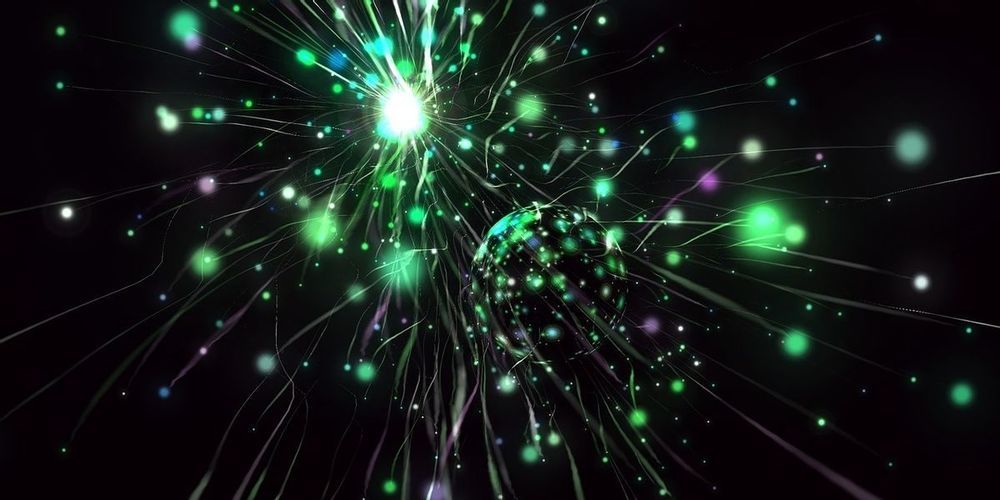


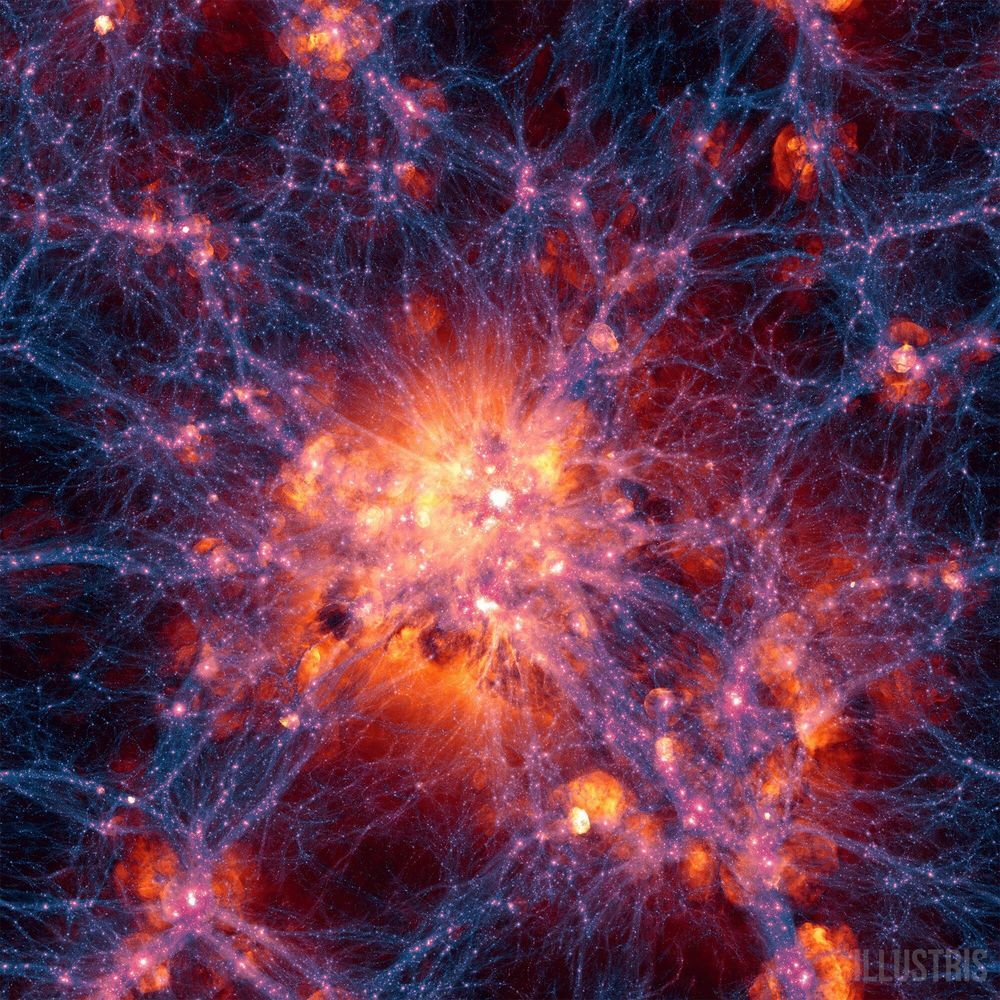
Optical clocks are so accurate that it would take an estimated 20 billion years—longer than the age of the universe—to lose or gain a second. Now, researchers in the U.S. led by Jun Ye’s group at the National Institute of Standards and Technology and the University of Colorado have exploited the precision and accuracy of their optical clock and the unprecedented stability of their crystalline silicon optical cavity to tighten the constraints on any possible coupling between particles and fields in the standard model of physics and the so-far elusive components of dark matter.
The existence of dark matter is indirectly evident from gravitational effects at galactic and cosmological scales, but beyond that, little is known of its nature. One of the effects that falls out of theoretical analysis of dark matter coupling to particles in the standard model of physics is a resulting oscillation in fundamental constants. Ye and collaborators figured that if their world-class metrology equipment could not detect these oscillations, then this apparently null result would be useful confirmation that the strength of dark matter interactions with particles in the standard model of physics must be even lower than dictated by the constraints so far on record.
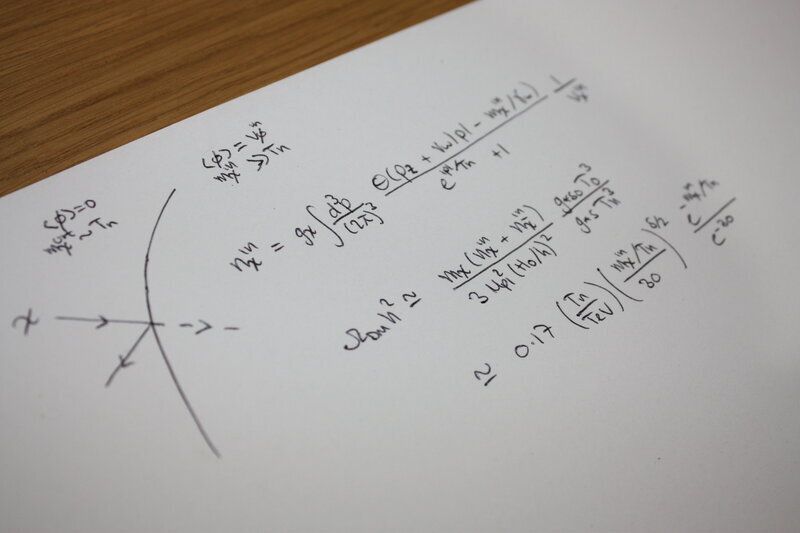
A recent study from the University of Melbourne proposes a new theory for the origin of dark matter, helping experimentalists in Australia and abroad in the search for the mysterious new matter.
The work has been published in Physical Review Letters and describes how expanding bubbles in the early universe may be the key to understanding dark matter.
“Our proposed mechanism suggests that the dark matter abundance may have been determined in a cosmological phase transition,” said Dr. Michael Baker, a postdoctoral research fellow at the University of Melbourne and one of the authors.

Look into the night sky and you’ll glimpse the stars from hundreds of billions of galaxies. Some galaxies are swirling blue disks like our own Milky Way, others are red spheres or misshapen, clumpy messes or something in between. Why the different configurations? It turns out that a galaxy’s shape tells us something about the events in that galaxy’s ultra-long life.
At the very basic level there are two classifications for galaxy shapes: disk and elliptical. A disk galaxy, also called a spiral galaxy, is shaped like a fried egg, said Cameron Hummels, theoretical astrophysicist at Caltech. These galaxies have a more spherical center, like the yolk, surrounded by a disk of gas and stars — the egg white. The Milky Way and our nearest galaxy neighbor Andromeda fall into this category.
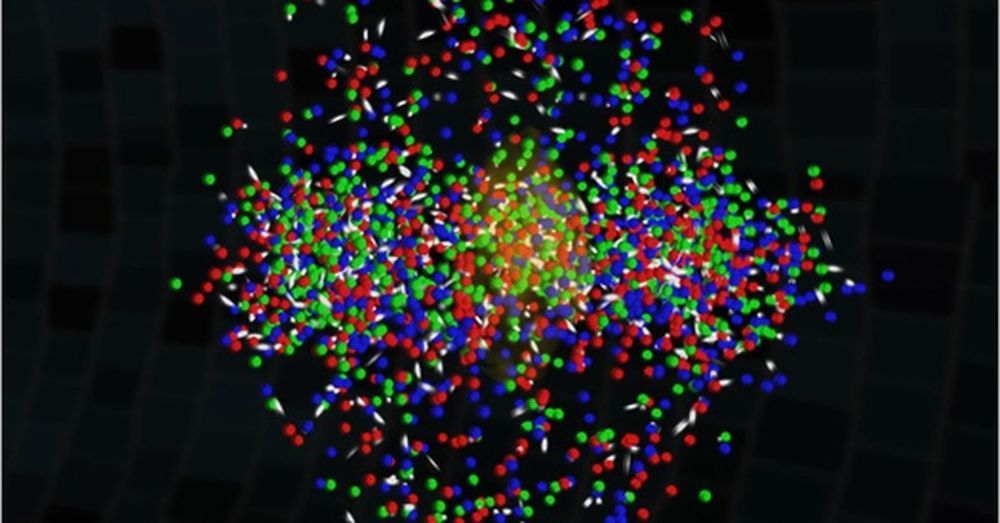
Circa 2010
Until the LHC finally gets up to full speed, Brookhaven National Lab’s Relativistic Heavy Ion Collider (RHIC) remains the world’s most powerful heavy ion smasher. And on Monday, they showed off some of that power by announcing that a recent collision resulted in the hottest matter ever recorded. Coming in at a scorching 7.2 trillion degrees Fahrenheit, the plasma not only recreated the environment of the Big Bang, but might have also resulted in the temporary formation of a bubble within which some normal laws of physics did not apply.
Black holes are perhaps the most mysterious objects in nature. They warp space and time in extreme ways and contain a mathematical impossibility, a singularity – an infinitely hot and dense object within. But if black holes exist and are truly black, how exactly would we ever be able to make an observation?
This morning the Nobel Committee announced that the 2020 Nobel Prize in physics will be awarded to three scientists – Sir Roger Penrose, Reinhard Genzel and Andrea Ghez – who helped discover the answers to such profound questions. Andrea Ghez is only the fourth woman to win the Nobel Prize in physics.
Robert Penrose is a theoretical physicist who works on black holes, and his work has influenced not just me but my entire generation through his series of popular books that are loaded with his exquisite hand-drawn illustrations of deep physical concepts.
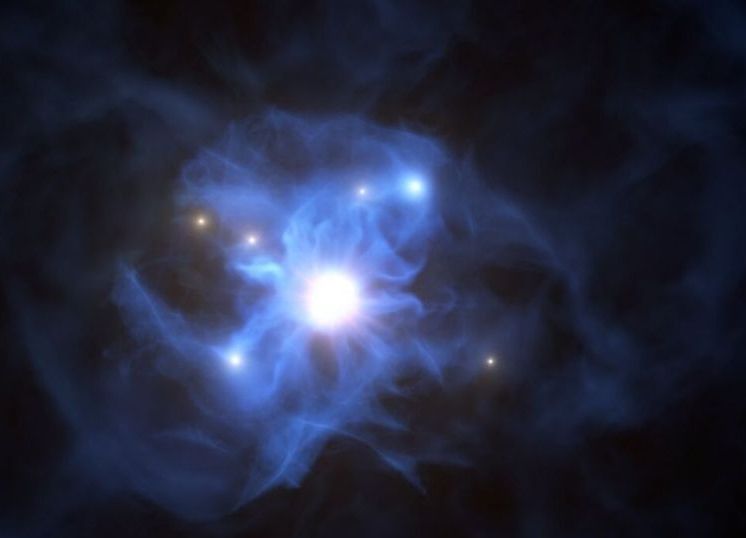
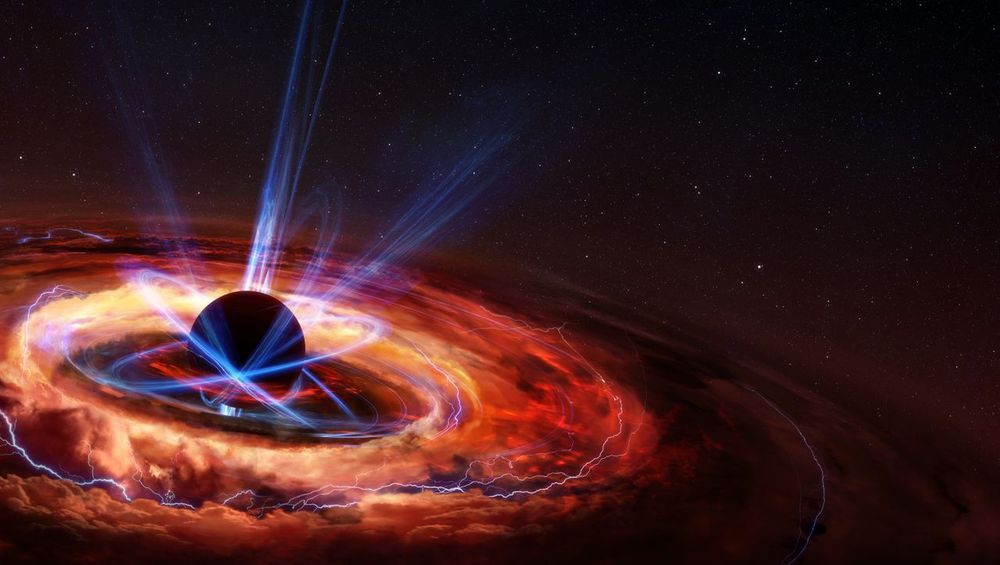
It’s unbelievable all that’s going on at the moment in astronomy” — DER SPIEGEL — international.
DER SPIEGEL: Wherever black holes are discussed, that picture is shown. And you are now telling us that we don’t really even know what it is?
Genzel: Exactly. It could be that we are looking at the shadow of a black hole, as it is commonly portrayed. But it could also be the outer wall of a jet that is coming directly at us at the speed of light. To know for sure, we need additional measurements. But we have a problem at the moment: the corona pandemic. Most Earth-based telescopes have been switched off.
DER SPIEGEL: Tell us a little bit about your research. What is the importance of a black hole at the center of the Milky Way?
